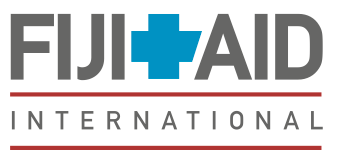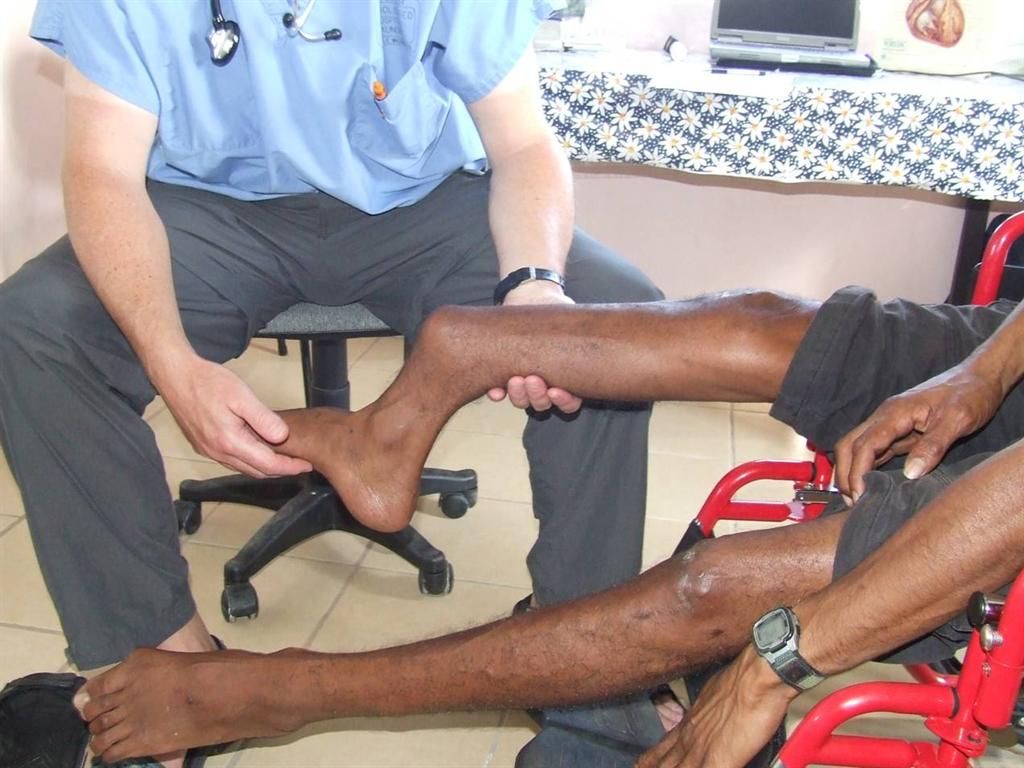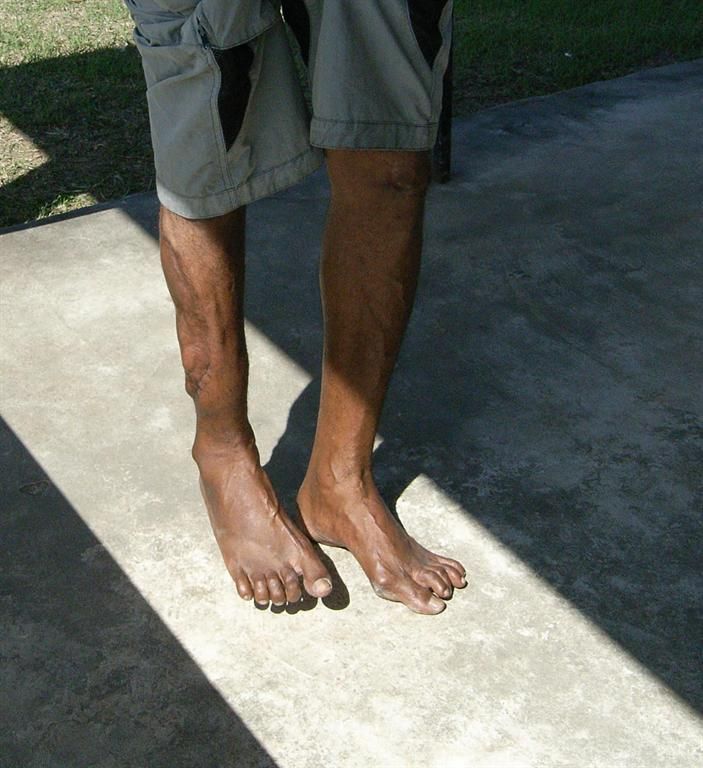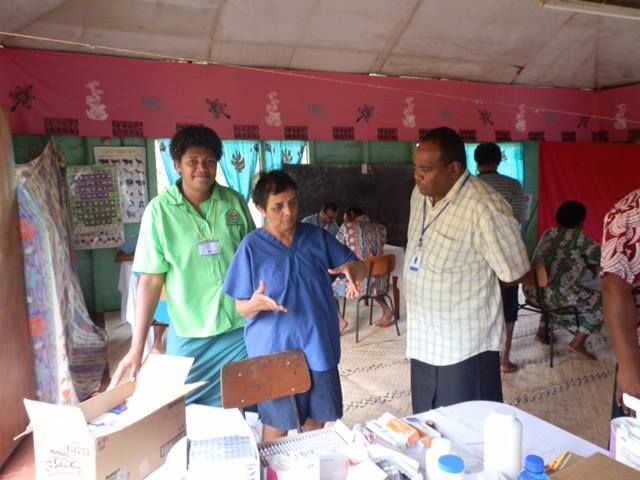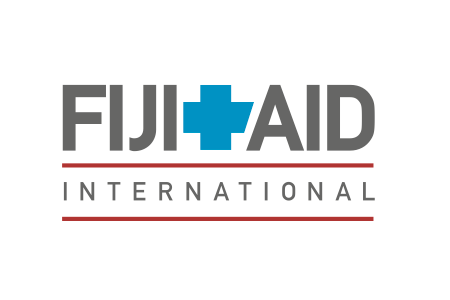ABOUT FIJI AID INTERNATIONAL
HELPING THOSE IN NEED
Fiji Aid International (FAI) is a non-profit 501(c)(3) public benefit corporation exclusively organized for charitable purposes.
We are honored to be selected by National Geographic to be listed in their book,”100 best volunteer vacations to enrich your life”
- The primary objective of the corporation is to provide aid to the people of the Fiji Islands and to people in need throughout the world.
- Our membership consists of expatriates from Fiji and citizens of the United States interested in helping the underprivileged. We are organized in Sacramento, California. There are nine board members and more than ten committee members.
- We have no paid employees, and all funds after direct expenses go towards our charitable cause.
- FAI was one of the first healthcare responders to massive 2009&2011 floods and category five cyclone Winston.
HELPING THOSE IN NEED
Fiji Aid International (FAI) is a non-profit 501(c)(3) public benefit corporation exclusively organized for charitable purposes.
We are honored to be selected by National Geographic to be listed in their book, ”100 best volunteer vacations to enrich your life”
- The primary objective of the corporation is to provide aid to the people of the Fiji Islands and to people in need throughout the world.
- Our membership consists of expatriates from Fiji and citizens of the United States interested in helping the underprivileged. We are organized in Sacramento, California. There are nine board members and more than ten committee members.
- We have no paid employees, and all funds after direct expenses go towards our charitable cause.
- FAI was one of the first healthcare responders to massive 2009 & 2011 floods and category five cyclone Winston.
ABOUT THE FIJI ISLANDS
The Fiji Islands is located in the Pacific Ocean, southwest of Hawaii, east of Australia, and north of New Zealand. There are over 300 islands in the group, approximately 15° south of the Equator and on the International Dateline.
Fiji is a republic that became independent in 1970 from the United Kingdom.
The population is approximately 900,000. The official language is English. The two main ethnic groups are the native Fijians and the Indians. The native Fijians are Melanesians and inhabited Fiji over 3,500 years ago. Indians were brought to Fiji under an indentured labor system while India and Fiji were under British rule.
Tourism is the main industry, followed by sugar production.
The people of Fiji are known to be some of the friendliest in the world. Despite the lovely people and beautiful islands, a majority of people live at or below the poverty level.
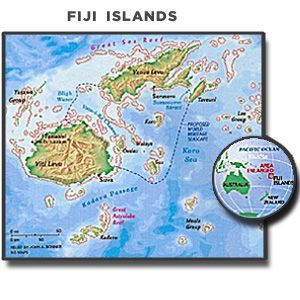
THE BASIC GOALS OF FAI
• To donate funds to support a free clinic (Patan Memorial) that provides preventive health care to the people of Fiji.
• Provide funding for health screening and education in schools in remote parts of Fiji.
• Recruit medical volunteers to go to Fiji and other countries in need of medical assistance.
• Donate medical supplies and clothing to people in need in Fiji and other countries.
• Seek individuals, corporations, and healthcare facilities to donate medical equipment and supplies for Fiji and other countries in need. These will be given to health clinics and facilities that provide free services.
• Organize events and seek sponsors to raise funds for Fiji Aid International. All funds, after deduction of direct expenses, go towards charitable purposes.
• Donate funds to charities like the American Red Cross, UNICEF, and other charities with similar objectives in times of need.
Healthcare statistics
Here are some statistics on healthcare issues in Fiji. This information has been gathered from direct observation and interviews, clinical data collected during free clinics, informal surveys, and newspaper articles.
- A recent statistic collected by Save the Children Foundation Fiji found that 30% of prostitutes were high school students. The students are resorting to prostitution to pay tuition and buy school supplies. Source: The Fiji Sun, March 28th, 2006.
- Fiji has only one private hospital, which caters to people who can afford the high treatment costs. The majority of people depend on the public health system for acute and long-term care. These public health facilities are in poor condition and short on basic medical supplies and staff.
- There is constant migration of doctors and nurses to neighboring developed countries (Australia and New Zealand), adding further burden to the remaining doctors and nurses.
- An estimated 60% of the people in Fiji live at or below the poverty level. Source: The Fiji Times, 2006.
- The average person in Fiji earns $50 per week and feeds a family of 4 to 6 people.
- Cervical and breast cancer are the most prevalent forms of cancer in women in Fiji, yet most women do not know or have the opportunity to get screenings.
- Diabetes, hypertension and premature deaths from heart disease are extremely high in Fiji yet most people go untested and unmanaged.
- Fiji has only one private hospital, which caters to people who can afford the high treatment costs. The majority of people depend on the public health system for acute and long-term care. These public health facilities are in poor condition and short on basic medical supplies and staff.
- There is constant migration of doctors and nurses to neighboring developed countries (Australia and New Zealand), adding further burden to the remaining doctors and nurses.
- An estimated 60% of the people in Fiji live at or below the poverty level. Source: The Fiji Times, 2006.
- The average person in Fiji earns $50 per week and feeds a family of 4 to 6 people.
- Cervical and breast cancer are the most prevalent forms of cancer in women in Fiji, yet most women do not know or have the opportunity to get screenings.
- Diabetes, hypertension and premature deaths from heart disease are extremely high in Fiji yet most people go untested and unmanaged.
- A recent statistic collected by Save the Children Foundation Fiji found that 30% of prostitutes were high school students. The students are resorting to prostitution to pay tuition and buy school supplies. Source: The Fiji Sun, March 28th, 2006.
Our Humble Beginnings
The concept of the clinic was envisioned by some of the late Mr. and Mrs. Patan’s children and grandchildren. The building foundation for the clinic was laid several years ago on land donated by Mr. Rajendra Patan, but the clinic was never completed.
In the first quarter of 2000, Damyenti Chandra, daughter of the late Mr. and Mrs. Patan, retired from Kaiser Hospitals in Sacramento, CA, and went to Fiji to spearhead the completion of the Patan Memorial Clinic. Damyenti’s drive to start this project came from seeing the desperate need for basic medical care for the underserved.
The clinic opened in November 2000, even though there was political upheaval in Fiji at the time. Funding to complete the building came from the children, grandchildren, and family members of the late Mr. and Mrs. Patan.
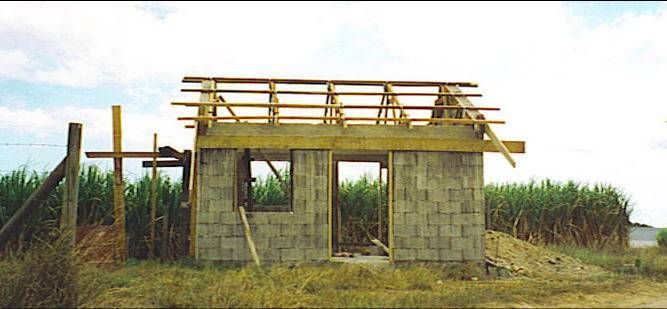
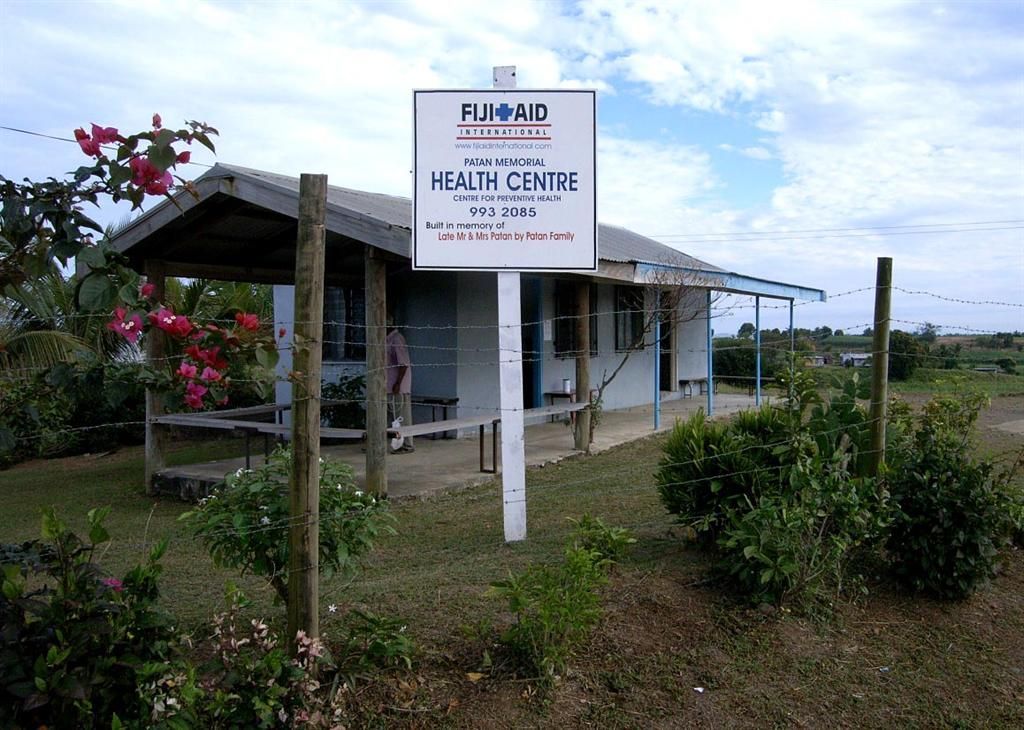
The clinic serves people from all over Fiji, even though it is located in Nadi, on the northwest coast of the island of Viti Levu, and approximately 15 minutes from the Nadi International Airport.
The clinic is registered in Fiji as a charitable trust, and its operation is approved by the Fiji Ministry of Health.
Funding to run the clinic comes from Fiji Aid International, funds raised in Australia, and also from several local businesses in Fiji.
Our Humble Beginnings
The concept of the clinic was envisioned by some of the late Mr. and Mrs. Patan’s children and grandchildren. The building foundation for the clinic was laid several years ago on land donated by Mr. Rajendra Patan, but the clinic was never completed.
In the first quarter of 2000, Damyenti Chandra, daughter of the late Mr. and Mrs. Patan, retired from Kaiser Hospitals in Sacramento, CA, and went to Fiji to spearhead the completion of the Patan Memorial Clinic. Damyenti’s drive to start this project came from seeing the desperate need for basic medical care for the underserved.
The clinic opened in November 2000, even though there was political upheaval in Fiji at the time. Funding to complete the building came from the children, grandchildren, and family members of the late Mr. and Mrs. Patan.
The clinic serves people from all over Fiji, even though it is located in Nadi, on the northwest coast of the island of Viti Levu, and approximately 15 minutes from the Nadi International Airport.
The clinic is registered in Fiji as a charitable trust, and its operation is approved by the Fiji Ministry of Health.
Funding to run the clinic comes from Fiji Aid International, funds raised in Australia, and also from several local businesses in Fiji.
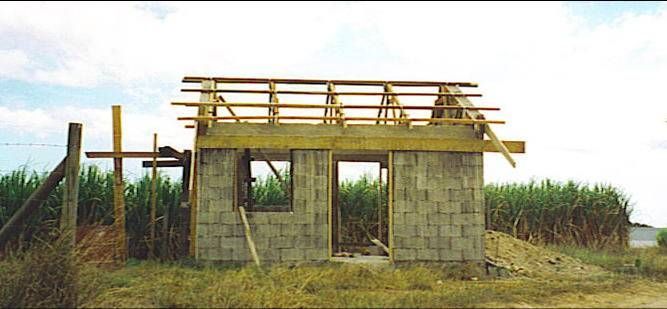
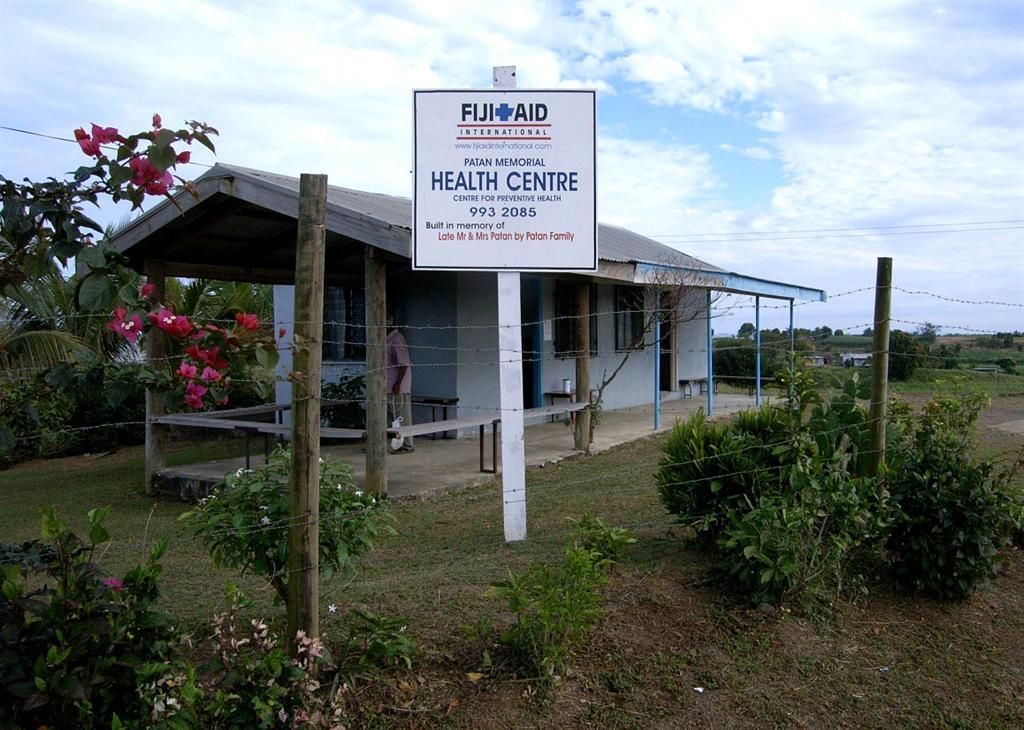
MEET Our Founder
Damyenti Chandra, the founder of FAI, is the daughter of Mr and Mrs Patan. She was born in Nacovi Nadi, where clinic is located.
She received her high school education in Fiji and diploma in general nursing and midwifery in Australia. She received her degree in health administration in the USA.
She worked in health care field in Fiji,Australia and USA.Majority of her experience has been as nursing administrator for Kaiser Permanente hospitals in Sacramento. After retirement from the hospitals she worked as senior consultant with Kaiser Permanente for several years. She is now retired.
Since year 2000 she has made several trips to Fiji to establish clinic and to coordinate and volunteer with teams. She also gave workshops at local hospitals. She makes her home in Rocklin, CA.
